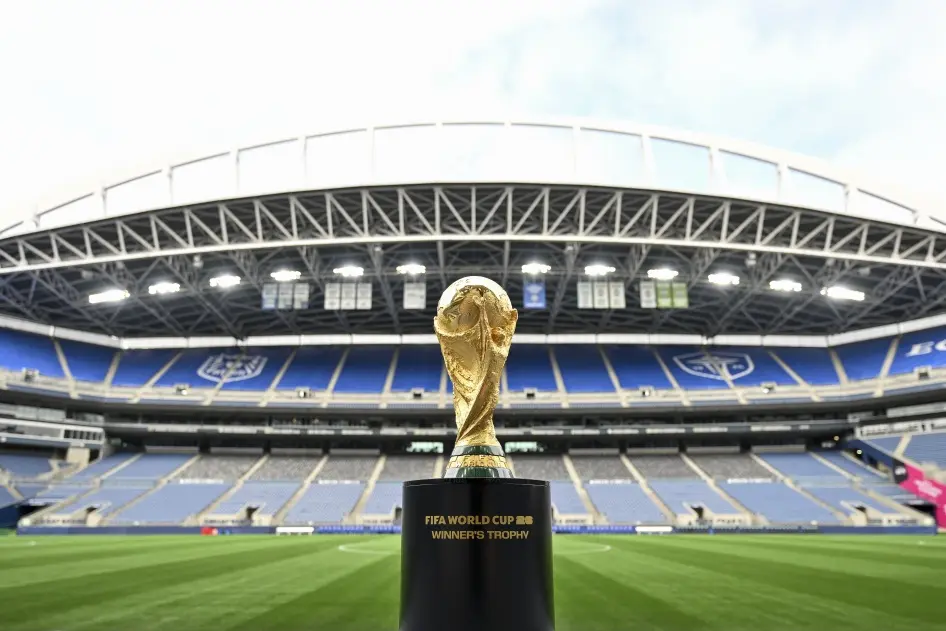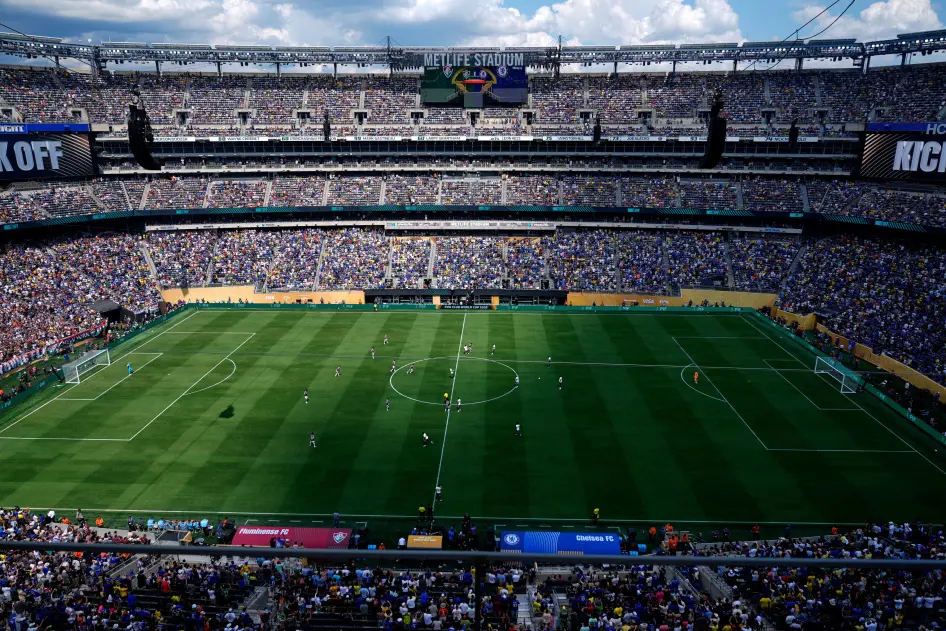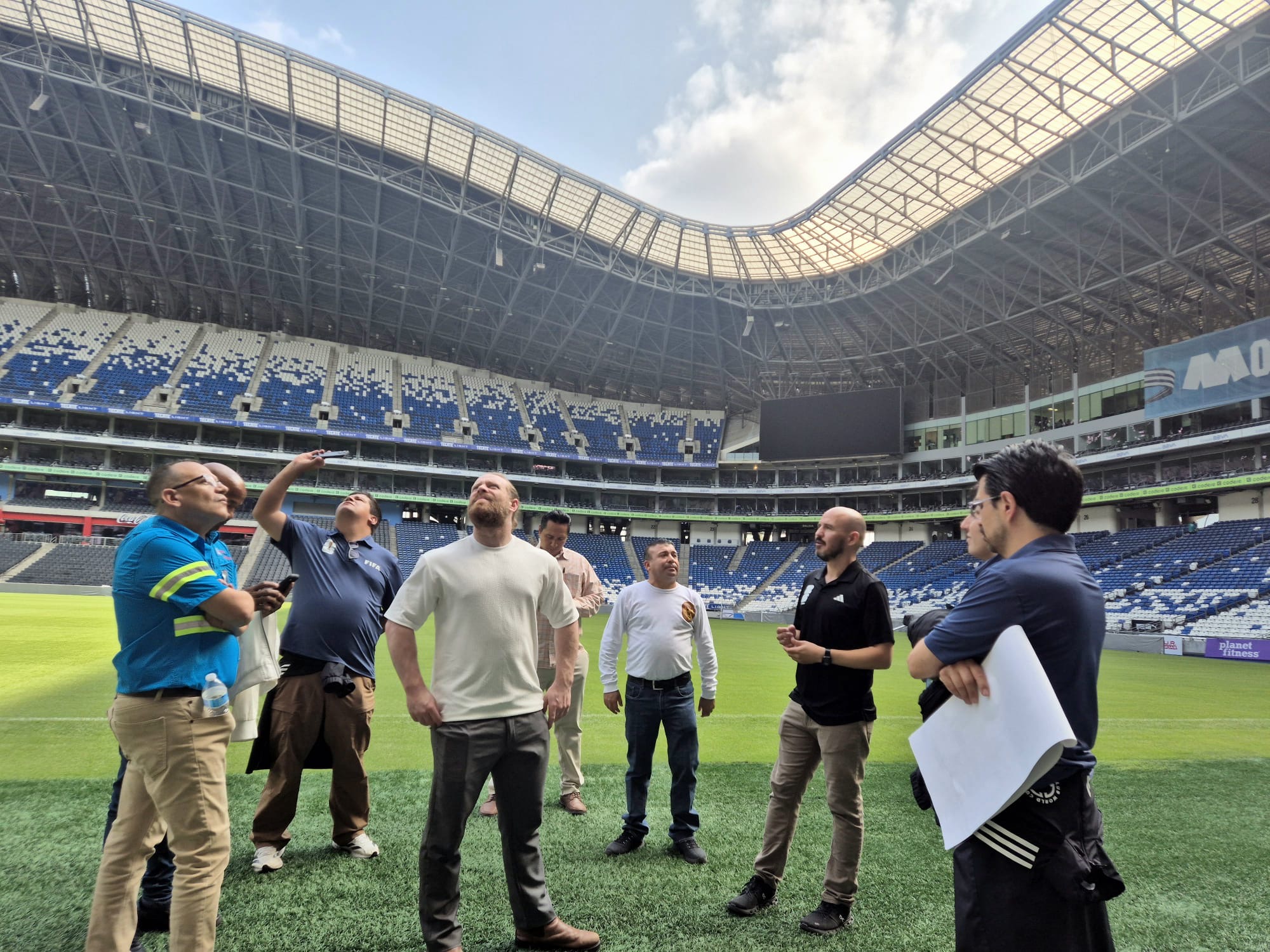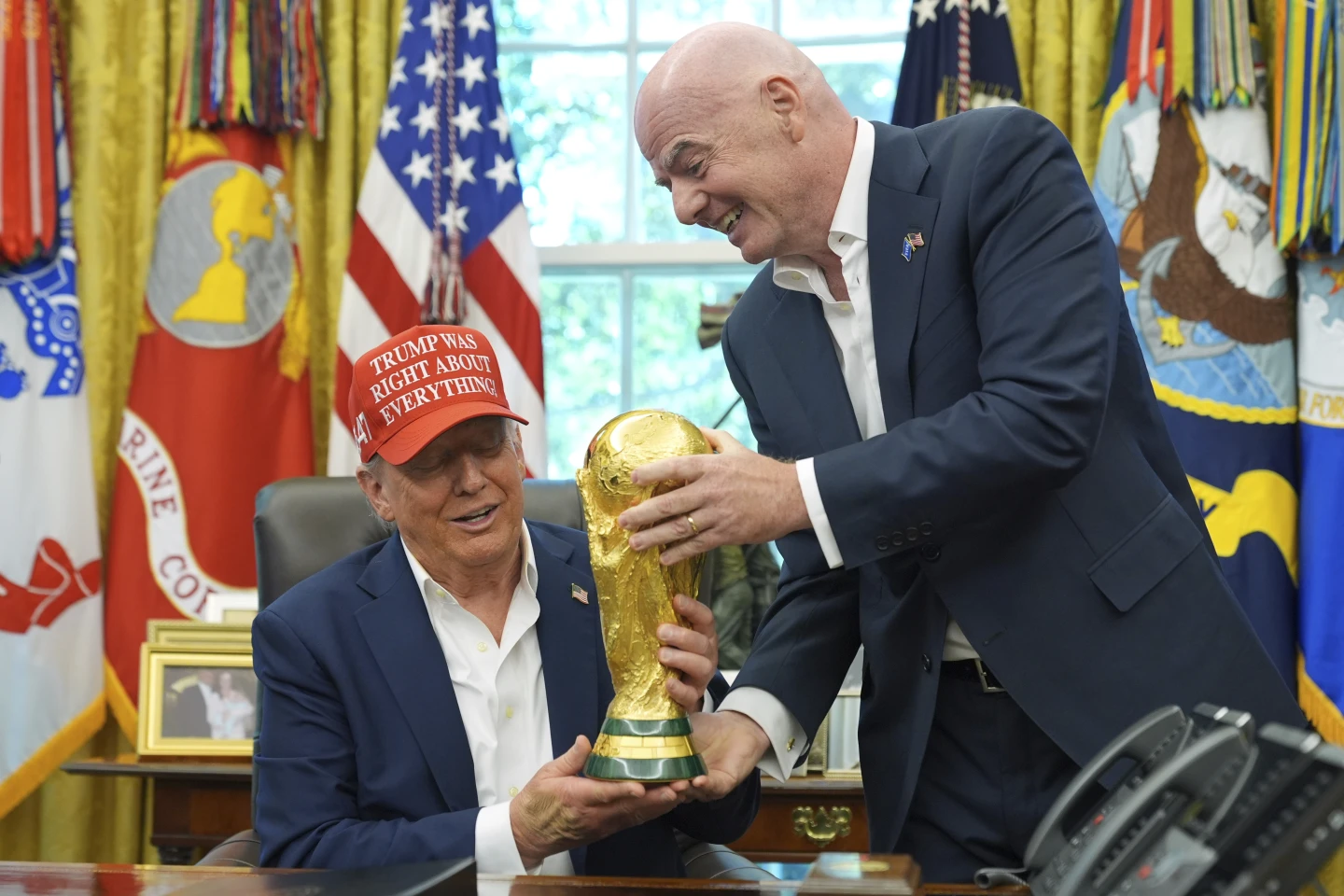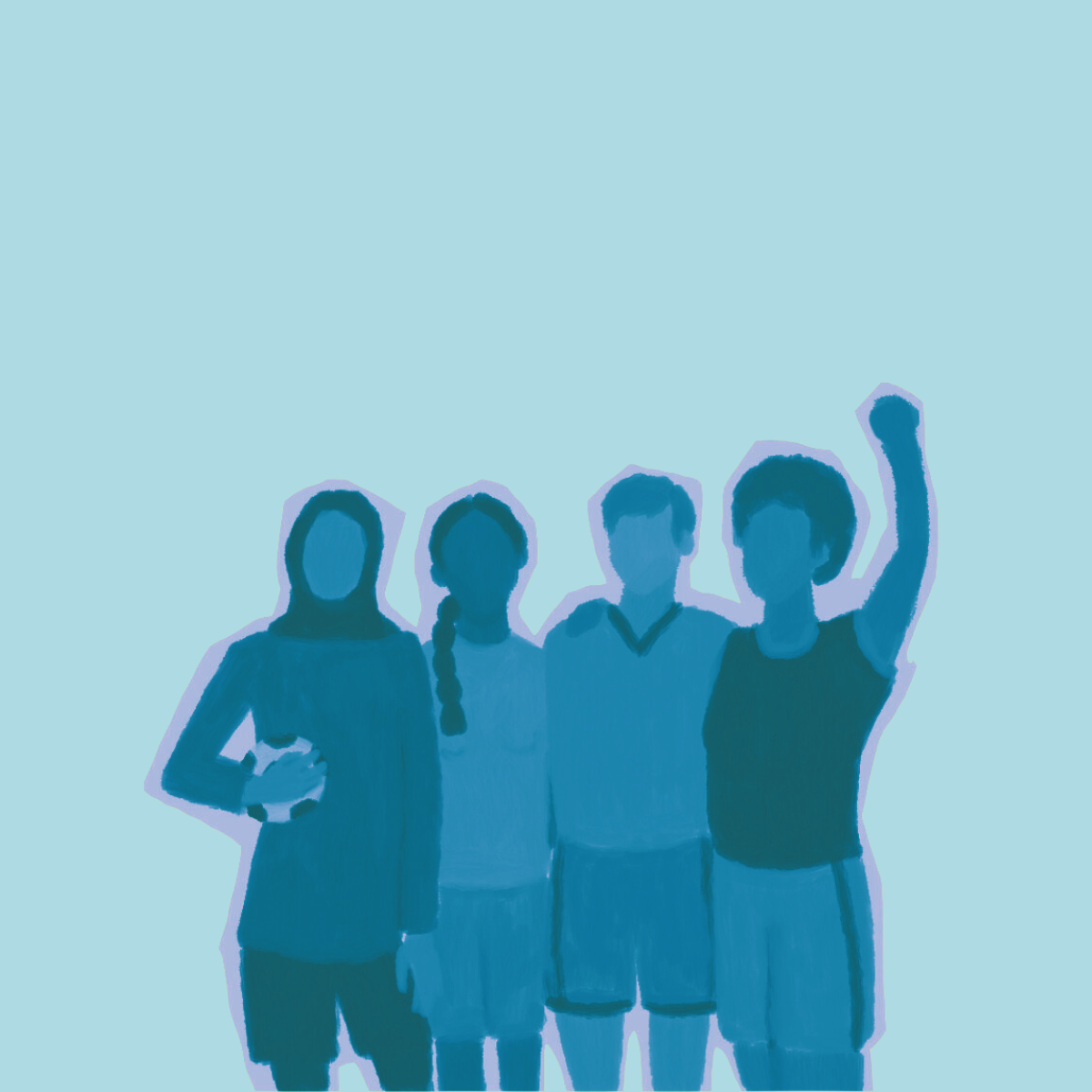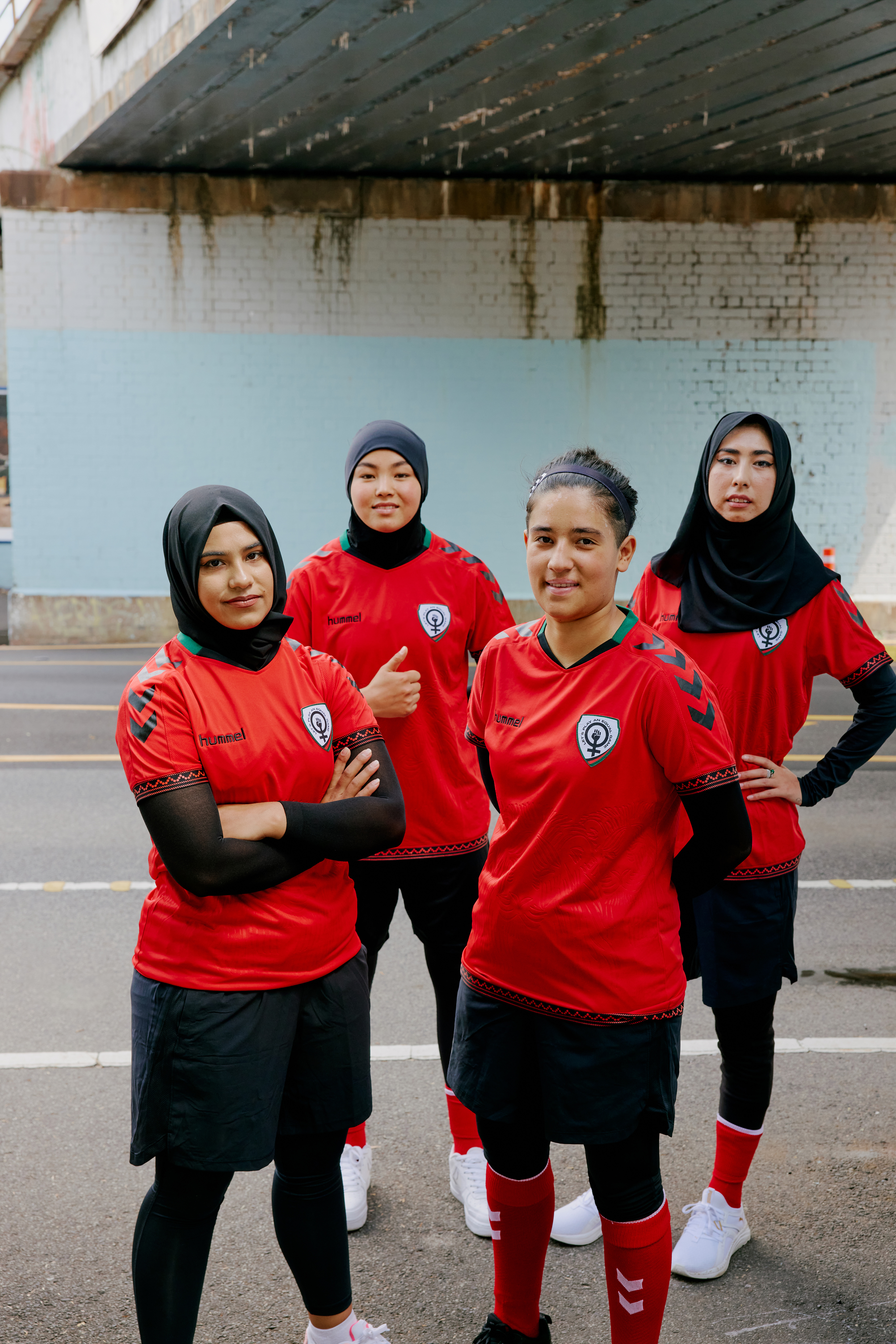US, Host Cities, FIFA Need to Commit to Protecting Youth
In two months, the FIFA Club World Cup, an international football tournament for club teams, will kick off in the United States, serving as a testing ground for the 2026 FIFA Men’s World Cup next year. But FIFA has inexcusably not put a clear and comprehensive child safeguarding framework in place to protect children from harms at these two massive sporting events, which will attract millions of visitors.
Risks that children can face in the context of major sporting events include trafficking, sexual exploitation, child labor, and family displacements, among other forms of violence and abuse. Despite knowing these risks, FIFA has not published a Child Safeguarding policy for the 2026 World Cup: what will probably be the largest and most lucrative sporting event ever.
In 2018, FIFA awarded the US, Canada, and Mexico hosting rights to the 2026 World Cup, in part due to the new requirement for bidding countries to create a Human Rights Strategy. That strategy promised to “develop and implement child safeguarding protocols.” Such a policy should address dangers for kids, gaps in domestic laws, and coordination across sixteen cities in three countries.
Seven years on, these promises have been ignored: and the protection of children who will travel to, attend, watch, and live in the communities hosting does not appear to be a FIFA priority.
FIFA has watered down its promised human rights framework, and there is currently no comprehensive policy in place to protect youth.
A new report, “Keeping the Game Safe,” by the University of Miami School of Law Human Rights Clinic and the Centre for Sport and Human Rights, maps risks to children at mega-sporting events, with concrete recommendations for FIFA and 2026 hosts.
Event organizers should put in place mandatory safeguarding training, binding child protection standards, designate trained and experienced safeguarding officers at each venue and host city, and implement a centralized reporting system. Venues should have child-centered design and stringent protections against child labor.
It is critical for FIFA to establish a uniform child safeguarding policy, applicable to all host cities in the US, Mexico, and Canada. This should take into account socioeconomic and legal contexts, as well as needs of communities and children at risk. Survivor groups and other local and national experts should be engaged in the development of this policy.
The 2026 World Cup needs to raise the bar for children’s rights, not lower it.
